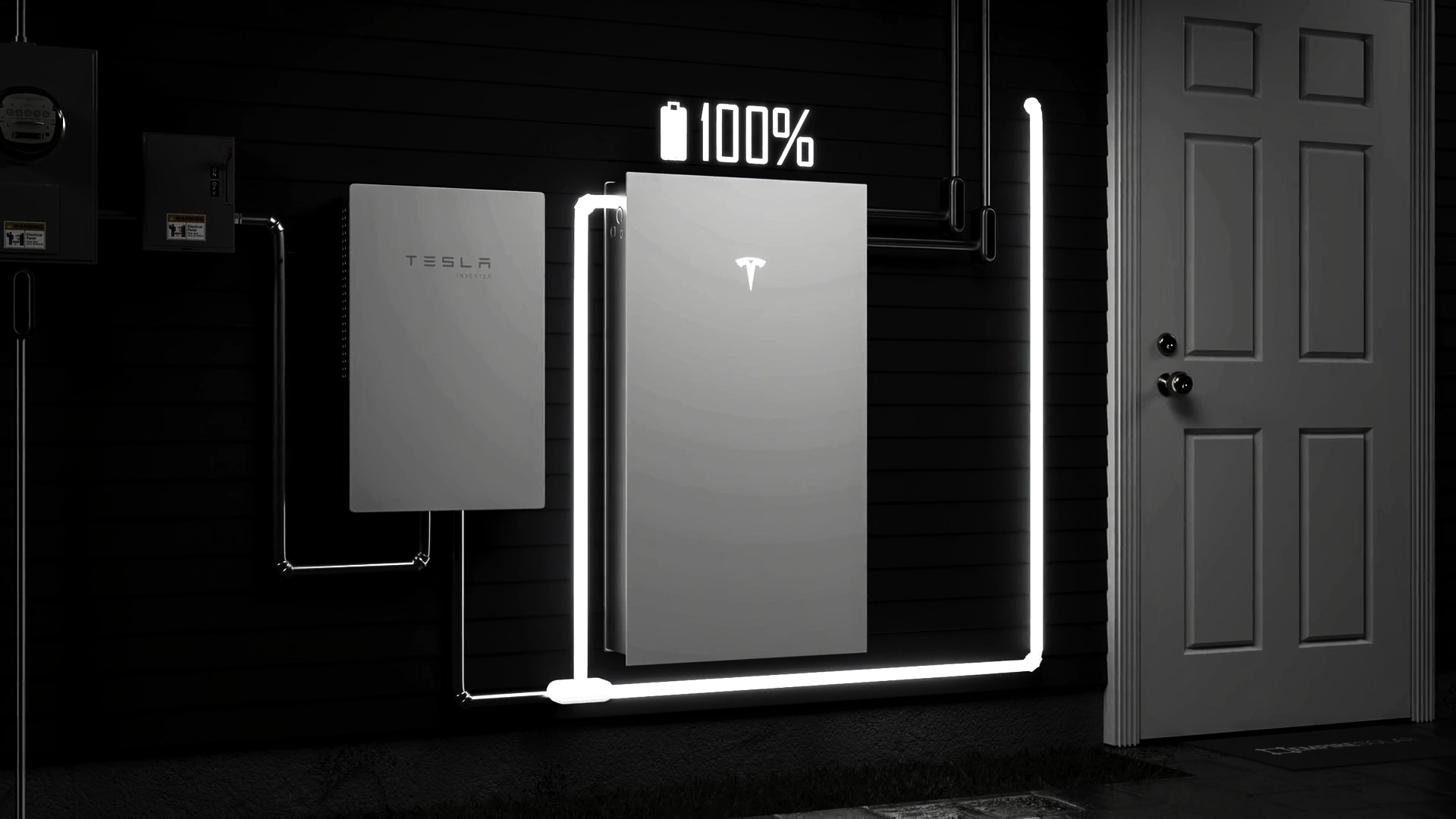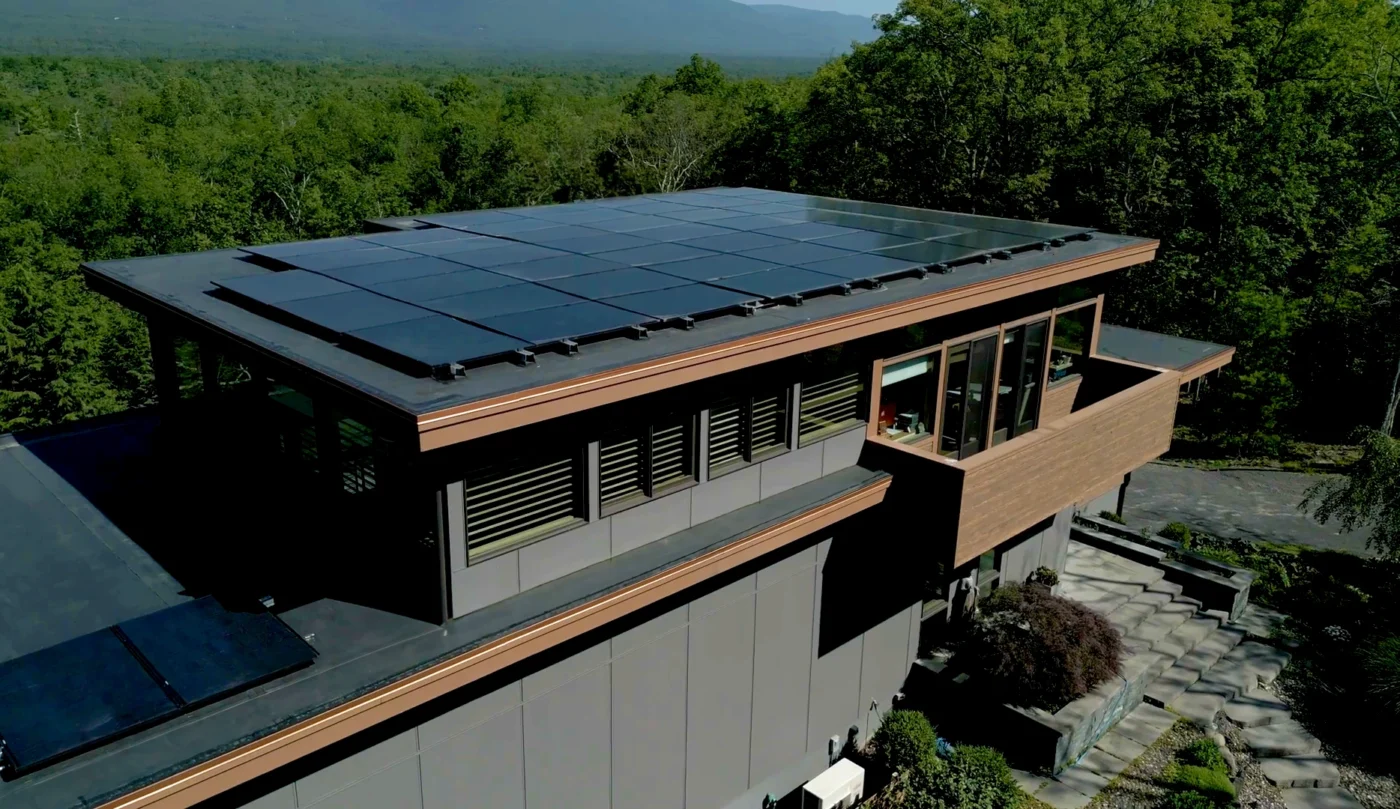Buying a home is one of the biggest financial commitments most people ever make. After adding up your mortgage and property taxes… you haven’t even scratched the surface. Then you have homeowners insurance and a seemingly endless list of home repairs. Finally, you have to budget for utilities, which for most homeowners, now exceed their monthly car payment.
Electricity is often the sneakiest budget-buster. It’s no wonder why so many new homeowners are looking for alternatives to reduce their monthly budgets. Utility rates in New York are rising faster than inflation, and are projected to climb more than 70% in the next few years.
This means a $250 power bill today would spike to over $425.
The good news? Electricity is the one home expense you can control. And especially for new homeowners, solar panels offer some of the highest ROI of any home upgrade.
Below we explain why solar makes the most sense for new homeowners and the steps to take to get it right the first time.
Why Solar Is a Smart Move for New Homeowners?
1. More Lifetime Savings
When you install solar panels shortly after moving in, the obvious benefit is that you end up saving more. But the reason why homeowners going solar in 2026 and 2027 will see an increased upfront savings is because they’d avoid these rate increases that are being approved over the next few years. By locking in a lower, fixed payment before future utility rate hikes, you avoid the compounding impact of rising electricity prices. The earlier you start, the more you save.
2. A Long-Term Home Investment
Unlike renters, new homeowners stay in their home for years. If you plan on being in your new home for more than 3 years, solar can easily provide a lower cost of living. This is because you are locking in a solar payment that is fixed and usually 30-50% lower than your average electric bill.
3. The Ideal Starting Point
Many new homeowners have the advantage of coming into a home with updated features like a newer roof and electrical systems, making them solar-ready. Even if the home itself isn’t brand new, these upgrades are often made prior to listing or selling a house.
4. Solar Adds Resale Value
Independent studies confirm that homes with solar sell faster and at a premium. Buyers appreciate a home with predictable energy costs and an active warranty that transfers to them. For example, if you buy a home that has 5 year old solar panels, you’ll assume the 20 years remaining on the warranty.
Should I Buy A House With Solar Panels?
Absolutely.
Buying a solar home means stepping into predictable energy costs at a time when utility prices are volatile. While energy costs skyrocket, you’re moving into a home with a fixed electricity cost. Knowing what you’ll pay for electricity every month allows you to budget more efficiently throughout the year.
It’s important to note that when you are buying a home with solar panels, to have the seller’s agent provide a copy of the solar contract along with specification sheets for the equipment that their solar installer used. This allows you to understand how many years remain on the warranty.
Once you have this information in hand, you’ll want to find out how much energy the solar panels will produce annually. Once you know this number, you multiply that number by the average kWh rate charged by the electric company in the area. This will tell you the avoided annual utility cost from having solar panels.
Now that you know your expected avoided cost. Check what the monthly payment for the solar panels is. This would simply be the monthly payment multiplied by 12. As long as that number is less than the expected avoided cost, you’re walking into a home with a predictable and lower cost of living.
Example:
10,000kWh (annual production) X $.25 (average rate) = $2,500/year (avoided cost)
If the annual solar payment is less than $2,500, you’re ahead.
What to Check Before Going Solar in Your New Home
Solar is a long term investment. That means doing it right the first time is absolutely essential. Here are a few easy steps every homeowner should take:
1. Know Your Power Usage
Ask the previous homeowners for at least 12 months of past electricity bills. While their usage won’t exactly match yours, it provides a helpful baseline for system design and overall efficiency of your home. Before meeting with any solar company, have at least one month of your own electricity usage. This ensures your system is custom-sized for your real energy needs, not assumptions. Additionally, it won’t be possible to submit any applications with your power company until you have at least one month of usage.
2. Check Your Roof Condition
Confirm your roof is no more than 10 years old and has no history of leaks or damage. Although it’s not a deal breaker, it’s important to know what challenges before installing solar. If your roof is nearing the end of its life, it would be a good idea to find a solar installer who can also handle your roof to try and get a reduced price by bundling a roof replacement with your solar project. This way your solar savings can offset some, if not all of your roof upgrade.
3. Watch For Shading Issues
Trees, chimneys, or even nearby buildings can impact the production and efficiency of your solar panels. A reputable solar installer will conduct an in-depth professional shading analysis and recommend adjustments to improve the overall solar potential of your home. This generally means identifying trees that cast shade on the home and determining if they need to be removed.
4. Understand Your Utility’s Rules
Each New York utility company has its own costs to supply and deliver electricity to their customers. Considering that New Yorkers pay more for electricity than most of the country, one company isn’t necessarily better than the next. Since we have a regulated electricity market, New Yorkers can’t pick their power company. But understanding what your power company charges helps you estimate how quickly solar will start saving you money.
The Cost Of Waiting
Once you’ve finally moved into your home, it’s important to understand there is a cost associated with waiting to install solar. Not only are you losing the money you could be saving monthly, delaying the process could mean missing out on state or federal incentives and lower prices.
Electricity rates and inflation aren’t the only things increasing at a record pace. The cost of producing solar panels is growing every year due to increased costs of labor as well as solar panel brands bringing manufacturing back to the United States.
By acting sooner, new homeowners are able to take advantage of incentives before they expire and lock in the lowest price possible.
Five Common Mistakes New Homeowners Make with Solar
Relying ONLY On The Previous Owner’s Usage History
Your usage may be very different. You may be a family of 5 buying a home from a couple whose children have already moved out. This could lead to not installing enough solar to offset your annual usage and missing out on more savings.
Skipping Your Own Usage Data
At least one month of bills is essential before designing a system. Even beyond that, a full season of usage (3-4 months) is best to be able to more accurately estimate your annual energy needs.
Undersizing Your System
It’s tempting to try and save a few thousand dollars thinking you can just police the thermostat a little in order to get away with a smaller system. But this is almost always a mistake. It’s best to design a system that produces all of your energy needs (and sometimes a little extra) to avoid unnecessary dependence on your power company. As long as you have the roof space 100% offset should be your goal when upgrading your home with solar.
Not Checking Your Installer’s Credentials
A low quote doesn’t always mean good value if the company isn’t a NYSERDA Quality Installer or lacks a proven track record. Companies that are NYSERDA Quality Installers need to follow specific guidelines in order to maintain their certification. NYSERDA also offers several rebates and incentives for New Yorkers who install solar. Choosing an installer that knows what incentives and rebates your project qualifies for could mean thousands of dollars in additional savings.
Why The Right Solar Installer Matters
The installer’s experience often determines the project’s success. Choosing the right installer is arguably more important than the equipment that’s being used for the installation. Anyone with some roofing and electrical experience can install a solar panel. But the best companies in New York know how to navigate all the subtle nuances from one building department to the next. You need an installer who understands what paperwork needs to be submitted to the power company and exactly when to start that application process to ensure your panels are approved to be activated shortly after installation.
This is where Empire Solar really shines. We are a NYSERDA Gold Status Quality Installer, which means our installations have passed several random inspections by NYSERDA and we’ve received perfect scores for 5 years running.
We know New York’s policies, incentives, and utility rules inside and out, so you get maximum savings with a smooth installation process.
Final Thoughts
Solar might just be the best investment you can make as a new homeowner. Not only will your lifetime savings be greater, but it’s possibly the highest ROI home improvement you can make. You’re taking dollars already spent on electricity and redirecting them into an asset that raises your property’s value and shields you from future utility hikes and uncertain times.
The key is doing it right. Make sure to gather accurate usage data, verify your roof’s age/condition, and work with a certified installer who prioritizes your long term results first.
If you want predictable energy costs, maximum lifetime savings, and a stronger investment in your home, solar for new homeowners makes perfect sense.
Ready to See if Your New Home Qualifies?
Click below to request your free Solar Savings Report. We’ll review your property, analyze your usage and find any available rebates or programs that can be used to increase your monthly savings.


